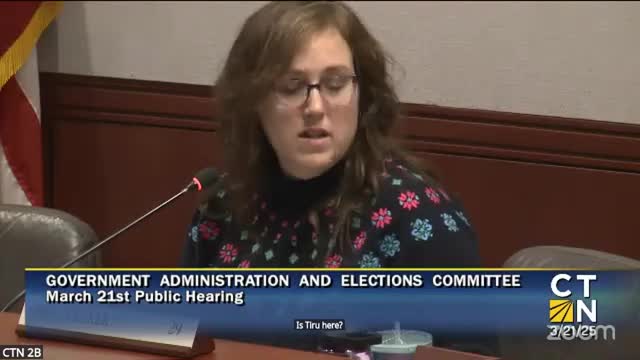Article not found
This article is no longer available. But don't worry—we've gathered other articles that discuss the same topic.
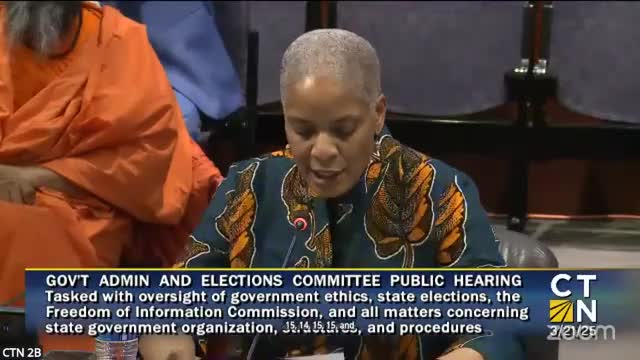
Secretary of the State outlines technical fixes and concerns across multiple election bills, flags e‑poll books and polling‑place reductions
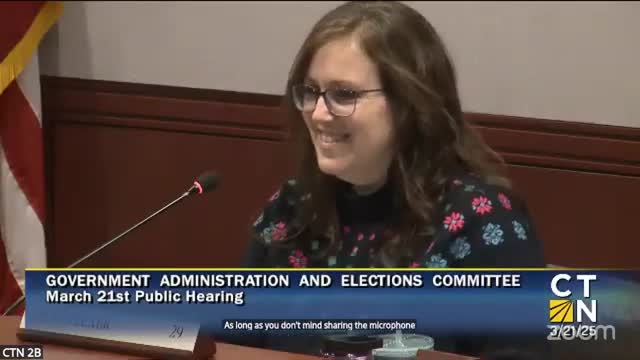
CHRO urges project‑specific goals, periodic disparity studies and modernized data for state contract compliance

Preservation, farms and land trusts back modest increase to Community Investment Act recording fee
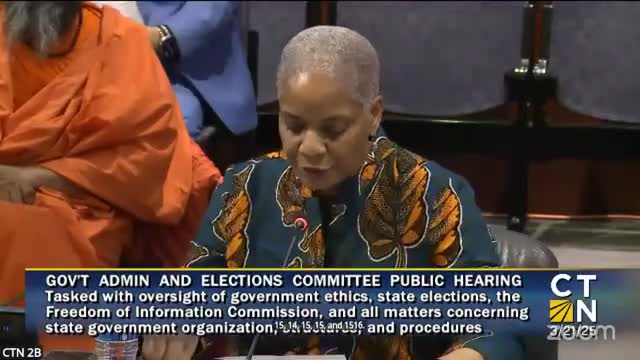
Advocates press committee to streamline absentee voting for incarcerated people; bill would create facility process
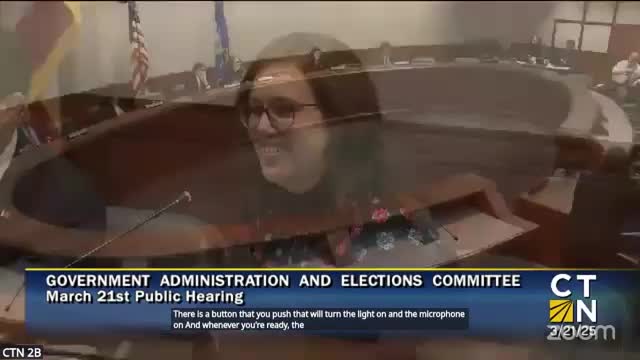
Young advocates, secretary of state urge lawmakers to expand curbside voting for people with disabilities
